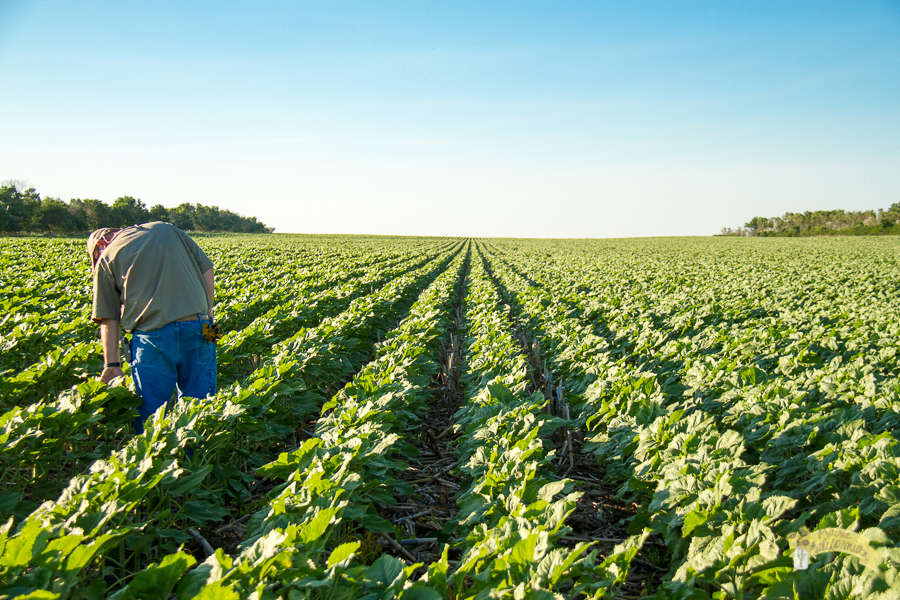
What on earth is an agronomist?
An agronomist is an expert who applies scientific knowledge and techniques into the management and creation of crops. Agronomists operate in a variety of settings, from farms and ranches to govt organizations and private corporations. They may additionally work in research laboratories or train at colleges and universities.
Most agronomists have no less than a bachelor's degree in agronomy or simply a connected industry, including agricultural science or soil science. Lots of agronomists also have master's degrees or doctorates. The precise nature of the agronomist's occupation will depend on his or her specialty and employer.
Agronomists Perform a significant function in guaranteeing that crops are healthier and productive. They use their familiarity with plant science to establish ways to boost crop production, fight pests and diseases, and conserve water together with other resources.
The role of an agronomist
is to help the earth fulfill its expanding food generation requirements. In accordance with the U.S. Bureau of Labor Statistics (BLS), employment for agronomists is anticipated to expand a lot quicker than average, with openings as a result of expansion and substitution requirements.
The work of the agronomist
is difficult and gratifying, with agronomists typically getting involved with analysis and schooling.
The education of an agronomist
Agronomists require at the least a bachelor's diploma in agronomy or linked subject from an accredited uni.
The way forward for agronomy
Agronomists help to learn more make certain the world's population has sufficient meals, and so they function to enhance crop yields and minimize agriculture's effect on the natural environment. The BLS states that agronomists are in demand, but Competitiveness for Work is likely to be strong.
Summary
Agronomists are focused on the analysis of crops, plus they get the job done in a number of fields, from learn more agricultural analysis to raising crops. Agronomists are required to ensure that crops are produced for consumption, but In addition they help develop biofuels together with other plant-based products and solutions.